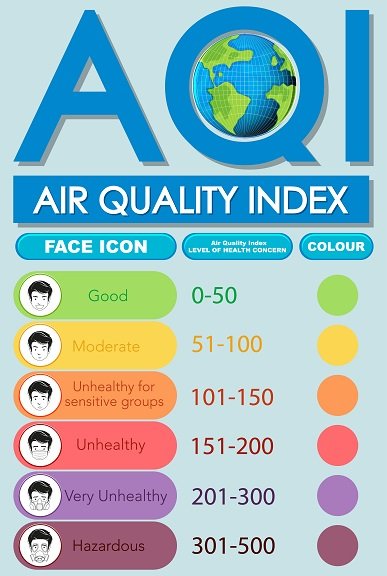Air quality can have a significant impact on human health. Breathing polluted air can cause a range of health problems, from minor irritations to serious respiratory illnesses and even premature death. The effects of air pollution can be particularly harmful for vulnerable populations, such as young children, elderly individuals, and people with pre-existing health conditions.

Some of the health problems that can result from exposure to polluted air include:
- Respiratory problems: Exposure to air pollution can cause respiratory problems such as asthma, bronchitis, and emphysema.
- Cardiovascular problems: Air pollution has been linked to an increased risk of cardiovascular problems, including heart disease, stroke, and hypertension.
- Cancer: Certain types of air pollutants, such as particulate matter and benzene, have been linked to an increased risk of cancer.
- Cognitive problems: Air pollution has been linked to cognitive problems such as reduced cognitive function, dementia, and Alzheimer’s disease.
- Premature death: Exposure to air pollution can lead to premature death, particularly among vulnerable populations.
To protect public health, it is important to monitor and improve air quality. This can involve measures such as reducing emissions from transportation and industry, promoting the use of clean energy sources, and implementing regulations to limit pollution levels. Additionally, individuals can take steps to protect themselves from air pollution, such as avoiding exposure during times of high pollution and using air filters in their homes.

